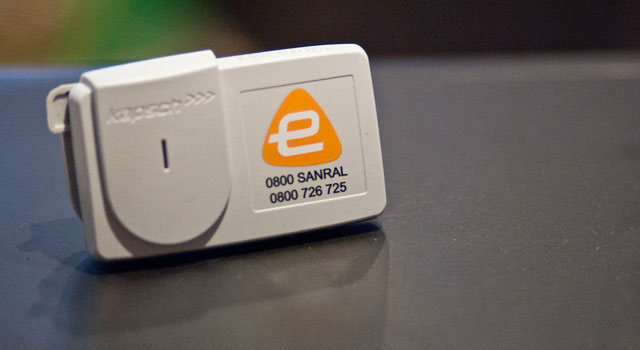
Motorists might be able to claim e-tolls refunds because a Government Gazette notice about the charges indicates conflicting amounts, Justice Project South Africa (JPSA) said on Wednesday.
The differences were in the English and Afrikaans versions of the e-toll tariff notices published in the Government Gazette, said JPSA national chairman Howard Dembovsky.
Both versions were signed by the transport department’s acting director-general on 19 November and “therefore have equal, but conflicting weight”, said Dembovsky.
“Effectively, the tariffs applicable to registered ‘alternative users’ differ in the English and Afrikaans versions, and this introduces severe interpretation issues,” Dembovsky said.
JPSA called on the department to immediately repeal the offending Tariff Gazette.
It asked that the department instruct roads agency Sanral to stop levying and collecting e-tolls until the matter was corrected, Dembovsky said.
The Star newspaper reported that, according to Dembovsky, users of the paymyfines website were receiving e-toll bills by e-mail even though they were not registered e-tag users, or had not given their e-mail address to Sanral.
Dembovsky reportedly alleged that the website appeared to break its own privacy policy as it promises not to disclose personal information without consent.
The newspaper reported that its own investigation had found that the company running the paymyfines website and the website etcrecovery.co.za, which was sending the e-mails demanding e-toll money, were part of the same company — TMT Services (Pty) Ltd.
A South African company, TMT was part of the Austrian company Kapsch TrafficCom, which runs the e-toll project.
Dembovsky reportedly told the newspaper that the e-mails demanding payment did not have an invoice attached, and thus apparently had no legal validity.
Sanral spokesman Vusi Mona reportedly told The Star that Sanral was obtaining information for invoices from eNatis, the national administration traffic information system, and from a “database legally obtained from third parties”.
The newspaper also reported that the Opposition to Urban Tolling Alliance (Outa) had again claimed that Sanral sales figures were inflated, this time based on Outa research.
According to the newspaper, Outa conducted its own physical e-tag counts on nearly 8000 cars on and off the freeway and found only about 15% of them had an e-tag.
“Even if one pushed the e-tag penetration to 20%, the number of e-tags in use will be no more than 450 000, which is around half the number of tag sales recently espoused by Sanral,” Outa was quoted as saying.
Last week, Sanral said nearly 900 000 e-tags had been issued. — Sapa




